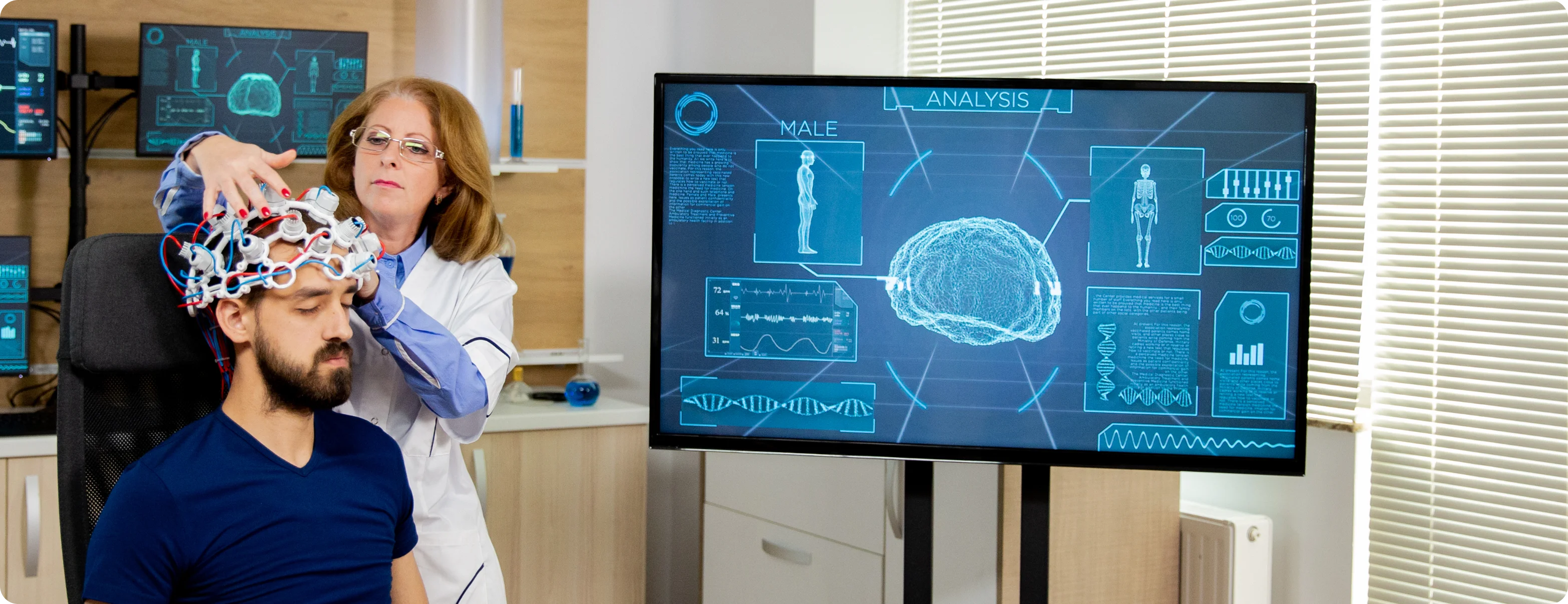Neurodivergency: A Comprehensive Look at Common Neurodivercencies/Learning Differences

Stephanie Tsapakis
|
Published on Jul 21, 2023 : 3 min read


Stephanie Tsapakis
|
Published on Jul 21, 2023 : 3 min read

Welcome to our blog, where we strive to empower parents, educators, and caregivers with valuable information about learning differences. Today, we embark on a crucial journey of understanding the diverse landscape of neurodivercencies, or learning disabilities, shedding light on the challenges faced by children and how early intervention and support can make a significant difference in their lives.
Neurodivergence, or neurodiversity, is a concept that recognizes and embraces the natural variation in human neurological functioning. It acknowledges that individuals have diverse neurological traits, cognitive styles, and ways of processing information. Neurodivergent individuals may have atypical neurological conditions or cognitive differences that deviate from what is considered typical or "neurotypical."
The neurodiversity movement emphasizes the acceptance and celebration of these neurological differences, challenging the notion that there is a single "normal" or "right" way for the brain to function. Neurodiversity encompasses various conditions, such as autism, attention deficit hyperactivity disorder (ADHD), dyslexia, dyspraxia, Tourette syndrome, and others.
Rather than viewing neurodivergence as a collection of disorders or disabilities, the neurodiversity perspective regards these differences as inherent aspects of human diversity. It seeks to foster inclusivity, understanding, and support for neurodivergent individuals, ensuring that they have equal opportunities to participate and thrive in society. This approach advocates for accommodations, acceptance, and the recognition of the unique strengths and perspectives that neurodivergent individuals can bring to various aspects of life, including education, employment, and social interactions.
It is essential to remember that neurodivercence and learning differences (LDs) do not indicate low intelligence; rather, it involves specific areas of difficulty in learning and processing information. These disabilities can manifest in various ways, impacting areas such as reading, writing, math, organization, attention, and social skills.
Dyslexia is one of the most well-known learning disabilities, affecting reading and language-related skills. Children with dyslexia may struggle with decoding words, reading fluency, and comprehension. Early signs may include difficulty rhyming, letter reversals, and challenges in learning the alphabet.
Dysgraphia refers to difficulties in handwriting and fine motor skills. Children with dysgraphia may have illegible handwriting, struggle to write coherently, and face challenges in organizing their thoughts on paper.
Dyscalculia involves difficulties in understanding and manipulating numbers. Children with dyscalculia may struggle with basic arithmetic, telling time, and understanding mathematical concepts.
ADHD is a common co-occurring condition with learning disabilities. It affects a child's ability to sustain attention, control impulses, and engage in tasks requiring focus. Children with ADHD may have difficulty staying on task, following instructions, and organizing their activities.
APD affects how the brain processes auditory information. Children with APD may have trouble distinguishing between similar sounds, following verbal instructions, and understanding spoken language in noisy environments.
VPD involves challenges in interpreting visual information. Children with VPD may have difficulty recognizing shapes, letters, or patterns, impacting their ability to read, write, and interpret visual cues.
Early detection of neurodivercencies that directly impact learning is crucial for providing timely support and intervention. Teachers, parents, and healthcare professionals play a pivotal role in identifying the warning signs. Some signs to watch for include persistent difficulties in academic tasks, poor memory, lack of organizational skills, and social challenges.
Intervention strategies may include:
IEPs are personalized plans developed collaboratively by educators, parents, and specialists. These plans outline specific learning goals, accommodations, and support services tailored to meet the child's unique needs.
Assistive technologies, such as text-to-speech software, speech recognition tools, and audio books, can aid children with learning disabilities in accessing educational materials and completing tasks more effectively.
Using multiple senses to reinforce learning can be beneficial for children with LD. Multisensory approaches involve combining auditory, visual, and tactile elements to enhance memory and understanding.
Unfortunately, schools sometimes do not provide enough support or intervention to students. LD Expert is a group of highly specialized teachers who understand the frustration of watching your child year after year not making the progress you are waiting for. If you feel stuck, schedule a free consultation today and we can discuss how our services can finally get your child the help they deserve.
Understanding the different types of learning disabilities is the first step toward creating a supportive and inclusive environment for children facing these challenges. By recognizing the signs early on and implementing appropriate interventions, we can help children with LD reach their full potential and excel academically and socially. Remember, every child is unique, and a compassionate and patient approach is essential in their journey toward success. Let's work together to ensure that no child's potential is limited by a learning disability.
Looking for personalized support for your child's learning journey?
Our tutoring and dyslexia intervention services are tailored to students with learning differences. Whether it's reading, writing, or other challenges, our team offers one-on-one guidance.
Start with a consultation!Stay updated with our latest blog posts.
Cart